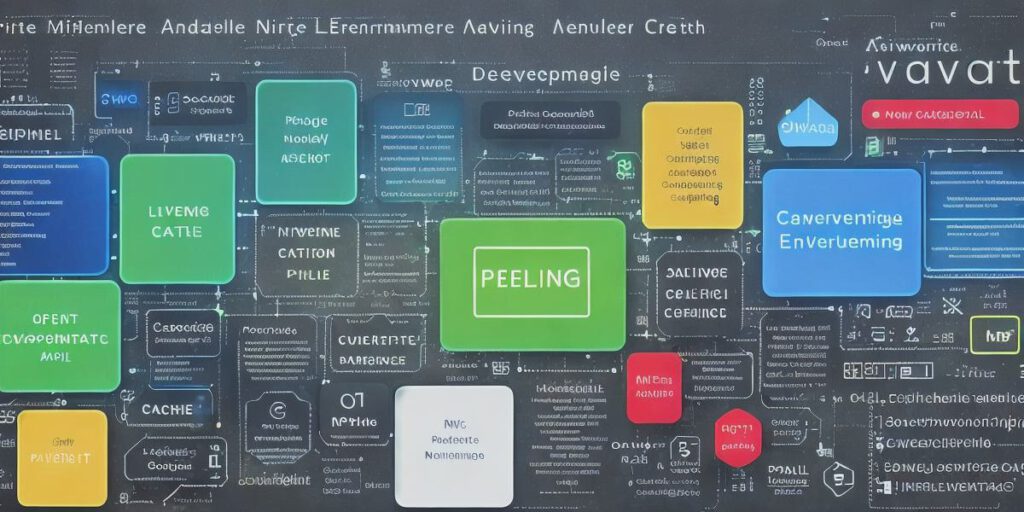Are software engineers required to write code in their roles

As software development continues to grow, so does the debate surrounding whether or not software engineers are required to write code. While some argue that coding is an essential skill for any software engineer, others believe that it is no longer necessary in today’s technological landscape. In this article, we will explore both sides of the argument and provide a comprehensive analysis of the role of coding in software engineering.
The Importance of Coding for Software Engineers

Coding is undoubtedly one of the most important skills for software engineers to possess. It is the foundation upon which software applications are built, and it allows software engineers to create, maintain, and debug code. Without coding skills, software engineers would not be able to create software applications that function as intended, and their job would become significantly more difficult.
One of the main reasons why coding is so important for software engineers is because it allows them to understand how code works. By writing code themselves, software engineers gain a deeper understanding of the programming language and its syntax, making them better equipped to debug and maintain code written by others. This not only makes their job more efficient but also helps them create better software applications in the future.

Another reason why coding is important for software engineers is because it allows them to be more flexible in their work. Software development is constantly evolving, and new technologies are being developed all the time. By having coding skills, software engineers can quickly adapt to these changes and learn new programming languages as needed. This makes them more valuable to their employers and more likely to stay competitive in the job market.
The Role of Automation in Software Development
While coding is still an essential skill for software engineers, the role of automation in software development has significantly impacted the way that code is written and maintained. With the rise of automation tools and frameworks, software engineers can now focus on higher-level tasks such as designing and implementing software applications, while machines take care of the more repetitive and mundane tasks such as coding and debugging.
One of the main advantages of using automation in software development is that it can significantly reduce the amount of time and effort required to write code. Automation tools and frameworks can generate code automatically based on predefined templates and configurations, which can save software engineers a significant amount of time and effort. This allows them to focus on more important tasks and helps to speed up the development process as a whole.
Another advantage of using automation in software development is that it can help to improve the quality of code. Automated tools can catch errors and inconsistencies in the code, which can help to prevent bugs and other issues from occurring. This not only makes the code more reliable but also helps to reduce the amount of time and effort required to debug and maintain the code.
The Role of Collaboration in Software Development
While coding is still an important skill for software engineers, collaboration has become increasingly important in today’s software development landscape. With teams of developers working together on software applications, it is essential that they are able to communicate effectively and work together seamlessly.
One of the main challenges in software development is ensuring that everyone on the team is working towards the same goal. By using collaboration tools such as version control systems and project management software, software engineers can track changes to code, share files, and collaborate on projects in real-time. This not only helps to ensure that everyone is on the same page but also helps to prevent errors and other issues from occurring.
Another advantage of collaboration in software development is that it can help to improve the quality of code. By working together, software engineers can share knowledge, expertise, and ideas, which can lead to better software applications being developed. This not only makes the code more reliable but also helps to reduce the amount of time and effort required to debug and maintain the code.
Case Studies and Personal Experiences
To gain a better understanding of the role of coding in software development, it is helpful to look at real-life examples and personal experiences.